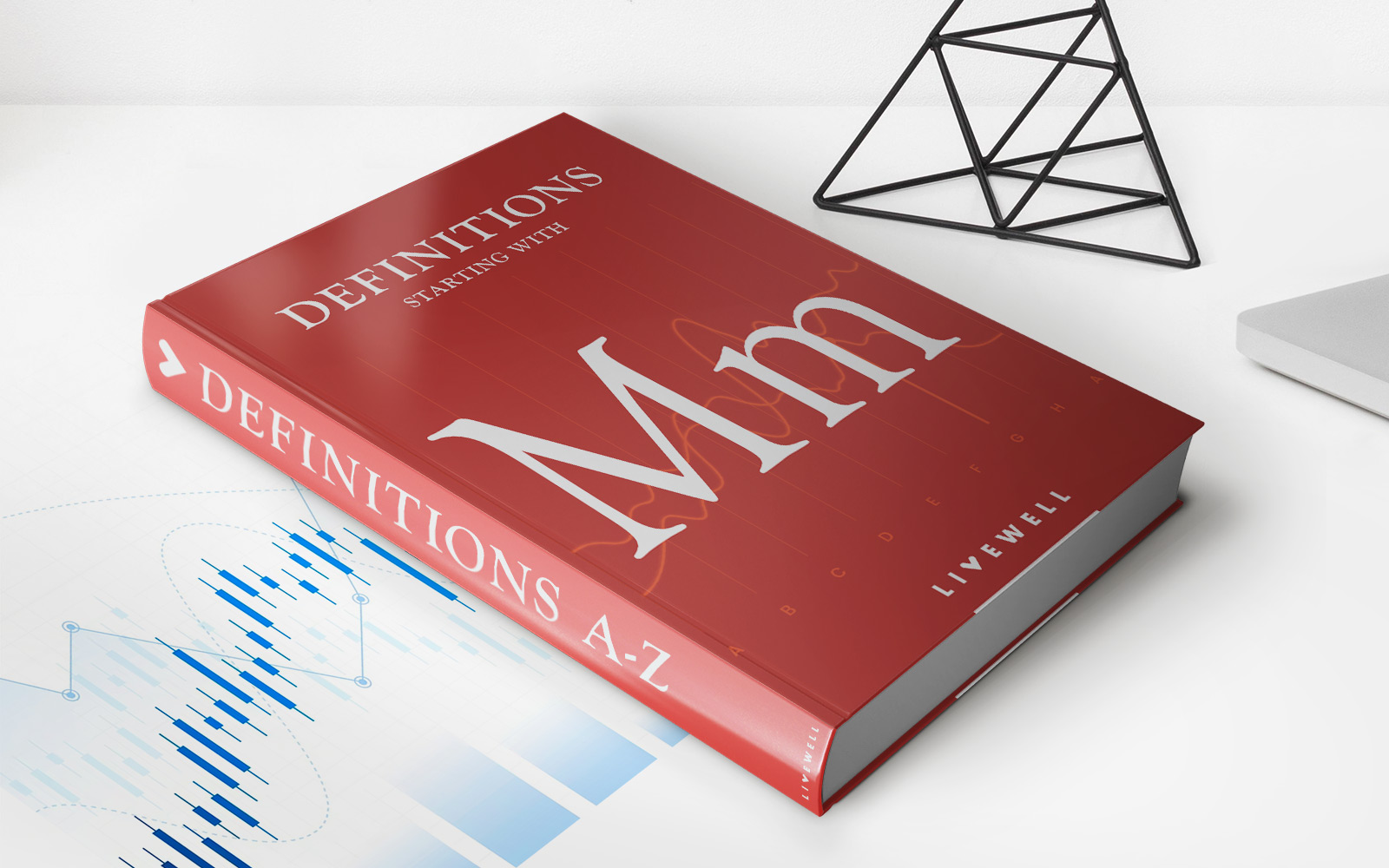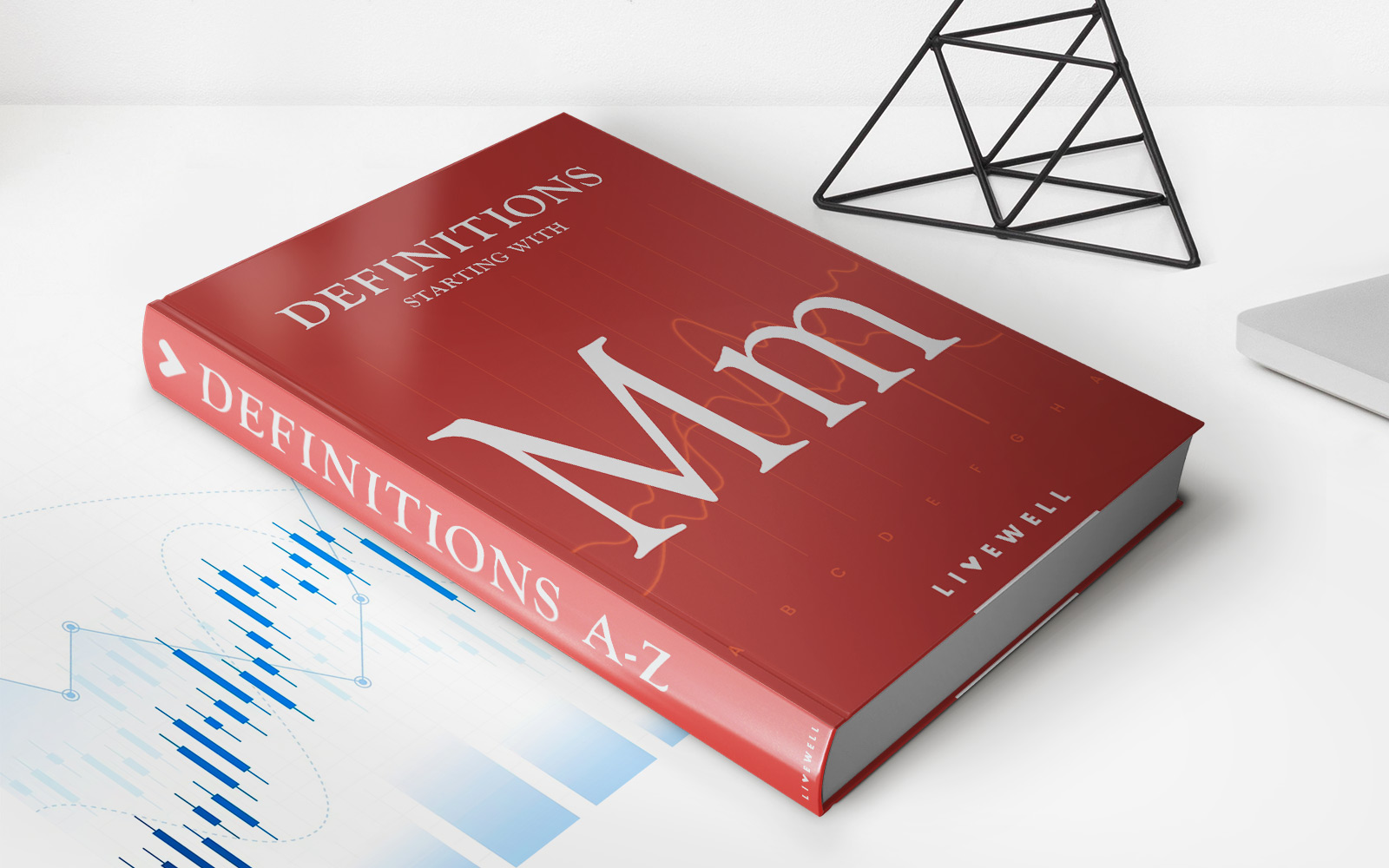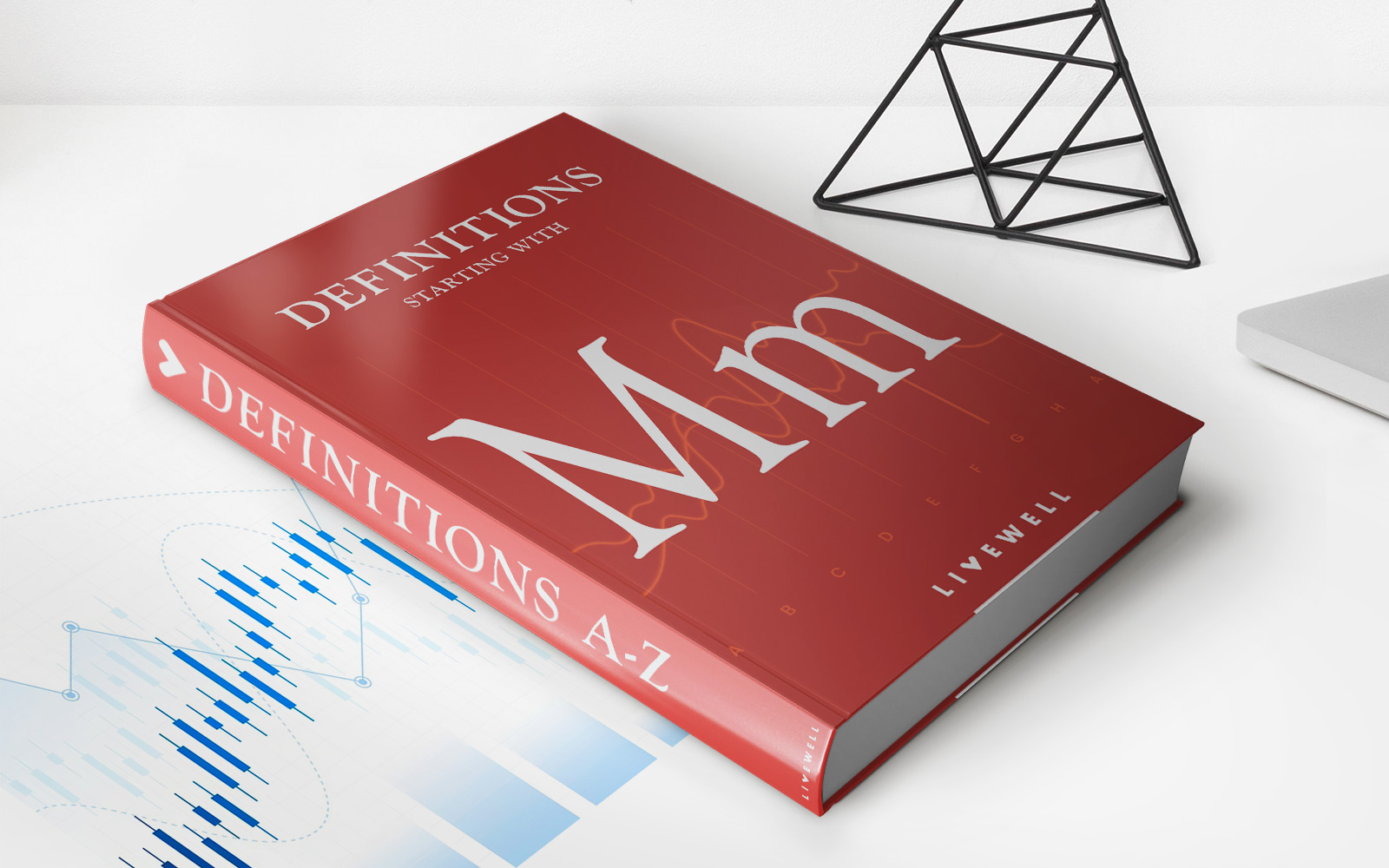

Finance
Merger Securities Definition
Published: December 24, 2023
Learn the definition of merger securities in finance and understand how they can impact the financial market. Gain insights into this important concept.
(Many of the links in this article redirect to a specific reviewed product. Your purchase of these products through affiliate links helps to generate commission for LiveWell, at no extra cost. Learn more)
Understanding Merger Securities: What You Need to Know
When it comes to mergers and acquisitions, there are a variety of financial instruments that come into play. One such instrument is merger securities. But what exactly are merger securities, and how do they impact the world of finance? In this blog post, we will explore the definition of merger securities, their significance, and how they are used in the M&A process.
Key Takeaways:
- Merger securities are financial instruments issued during the process of a merger or acquisition.
- They allow existing shareholders of the target company to receive compensation for their shares in the form of securities issued by the acquiring company.
So, let’s dive in and explore what merger securities really are and how they can affect the world of finance.
What are Merger Securities?
Merger securities are financial instruments that are issued during the process of a merger or acquisition. When one company acquires another, the acquiring company often offers compensation to the shareholders of the target company for their shares. This compensation can come in the form of cash, stock, or other securities.
In the case of merger securities, existing shareholders of the target company receive compensation in the form of securities issued by the acquiring company. These securities may be shares of stock, preferred stock, bonds, or other investment instruments. The value of these merger securities is typically determined based on factors such as the market value of the acquiring company’s stock and the agreed-upon terms of the merger or acquisition.
The Significance of Merger Securities
Merger securities play a crucial role in the M&A process for several reasons:
- Smooth Transition: Merger securities allow for a smoother transition for shareholders of the target company by offering them compensation that aligns with the acquiring company’s financial structure.
- Financial Flexibility: By issuing merger securities, the acquiring company can manage its cash flow, as it can offer a combination of stock, bonds, or other securities to compensate shareholders.
- Widening the Investor Base: The issuance of merger securities can attract new investors to the acquiring company, expanding its investor base and potentially increasing the company’s market competitiveness.
- Regulatory Considerations: The use of merger securities may have regulatory implications and must comply with relevant laws and regulations governing mergers and acquisitions.
Conclusion
Merger securities are an essential part of the M&A process, allowing the acquiring company to compensate the shareholders of the target company with securities issued by the acquiring company. These securities play a significant role in facilitating a smooth transition, providing financial flexibility, widening the investor base, and complying with pertinent regulations.
Overall, understanding the definition and significance of merger securities is crucial for anyone involved in finance, mergers and acquisitions, or interested in the ever-changing landscape of the corporate world.
Do you have any questions or insights about merger securities? Let us know in the comments below!














